Dhaka, June 24 (V7N) – Hospitals in Dhaka are experiencing an alarming surge in dengue cases, with a significant number of patients arriving from outside the capital. As of now, 285 individuals are being treated for dengue at various healthcare facilities across the city. The growing influx is putting immense pressure on doctors and nurses, with many hospitals operating beyond capacity.
In the past 24 hours alone, two more dengue-related deaths have been reported, bringing the total number of fatalities to 34 since January. During the same period, 392 new patients have been admitted to hospitals across the country. Health experts are warning that without immediate and effective intervention, the situation could deteriorate rapidly.
According to the Directorate General of Health Services (DGHS), a total of 8,150 people have been hospitalized for dengue treatment so far this year. Of these, 3,805 cases have been recorded in just the first 23 days of June — more than double the 1,773 cases reported in May. In June alone, 11 people have died, indicating a troubling upward trend in both infections and fatalities.
Barisal Division accounts for the highest number of cases in June, with 54.71% of the country’s total. Dhaka metropolitan area follows with 17%, Chattogram Division with 13%, areas outside Dhaka city with 7.17%, and the remaining 17.12% spread across other divisions.
Several major hospitals in Dhaka — including Dhaka Medical College Hospital (DMCH), Mugda Medical College Hospital, Sir Salimullah Medical College (Mitford), and Shaheed Suhrawardy Medical College Hospital — are now treating more patients than the number of available beds. At DMCH, a 20-bed dedicated dengue ward currently hosts 68 patients, more than double the figure from the previous month. The number of patients has been steadily rising since the beginning of June.
Doctors and healthcare workers are struggling to manage the situation due to shortages of beds, medical equipment, and personnel. Dr. Faruq Ahmed, a professor in the medicine department at DMCH, stated, “At times, we are forced to accommodate two patients on a single bed. We are doing our best to provide care, but if this pressure continues to increase, the situation will become unmanageable.”
An on-site visit to DMCH revealed overcrowded outpatient areas and overflowing medicine wards. Most patients present with symptoms such as fever, vomiting, and body aches. Emergency units are overwhelmed, with 30 to 40 dengue patients often waiting at a time. At least 15 patients were seen receiving treatment on hospital corridors due to a lack of space. One nurse mentioned that 20–25 new dengue patients are being admitted daily, making it difficult to discharge existing patients and accommodate new ones.
At DNCC’s COVID-19 hospital in Mohakhali, a similar pattern is emerging. Currently, 20 dengue patients are under treatment, up from just 10 last month. Colonel Tanvir Ahmed, the hospital's director, noted that while the situation is worsening, they have 350 beds ready for deployment if needed.
Experts are pointing to environmental factors and lack of preventive measures as root causes. Professor Dr. Kabirul Bashar, an entomologist at Jahangirnagar University, highlighted that Aedes mosquitoes — the carriers of the dengue virus — breed in stagnant water found in plastic containers, discarded tires, flower pots, and construction sites. “Years of experience show that unless there is an aggressive cleanup campaign before the monsoon, along with larvicide use, regular fogging, and public awareness drives, controlling dengue becomes nearly impossible,” he said.
Dr. Bashar emphasized that hospital preparedness alone is not enough. Community-level mosquito control and household hygiene are now more critical than ever. “Without immediate and widespread action, the outbreak could spiral out of control,” he warned.
Professor Dr. Md. Abu Zafar, Director General of DGHS, added that many patients are arriving at hospitals too late, often with severe symptoms such as respiratory distress and circulatory shock. This delay in seeking care is contributing to a higher death rate, particularly among adults aged 20 to 40 in Dhaka.
The current outbreak reflects an urgent need for coordinated efforts from both the government and the public to curb the spread of dengue before the seasonal peak intensifies further.



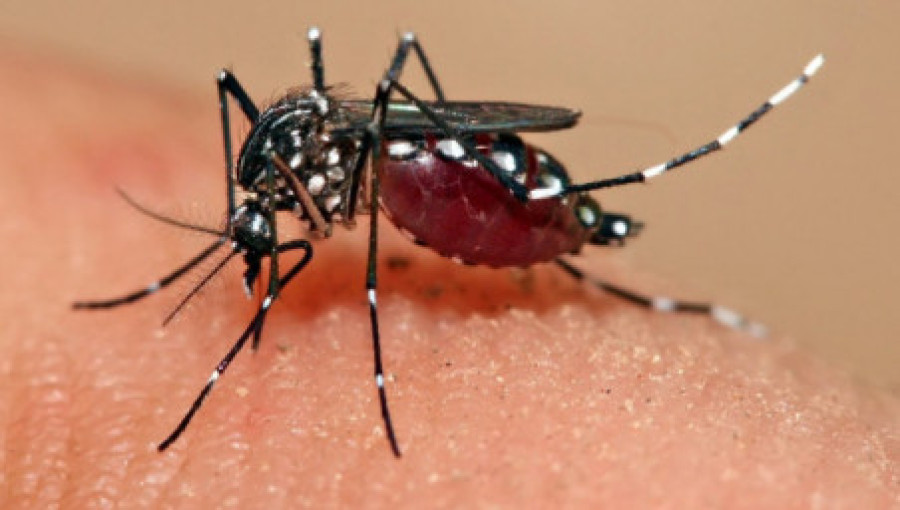

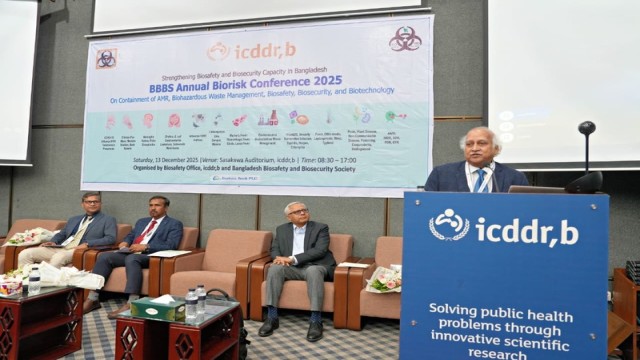
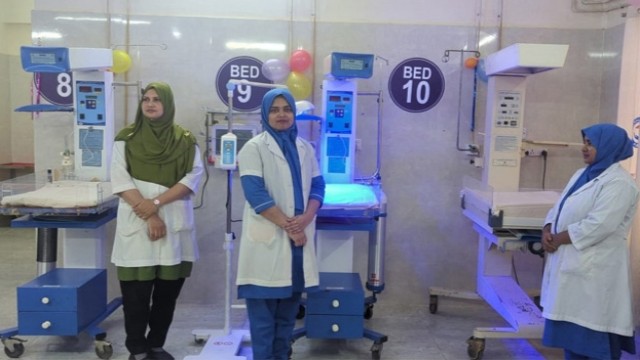
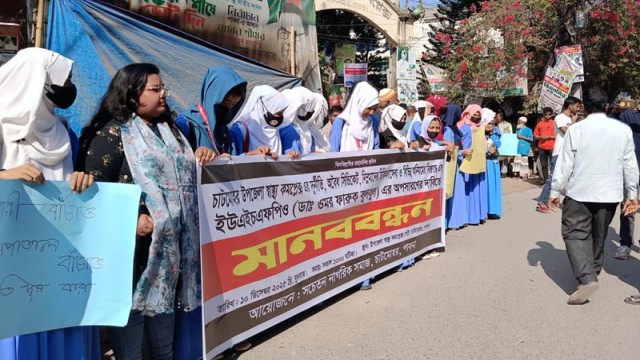
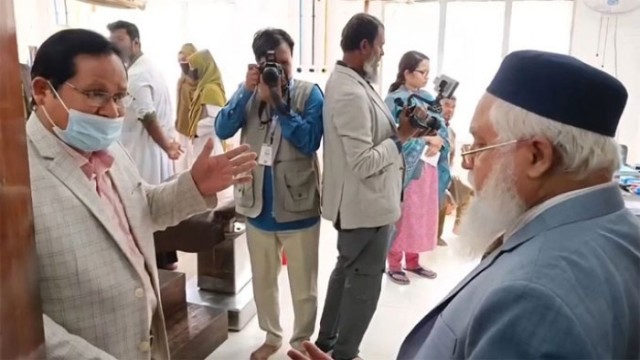
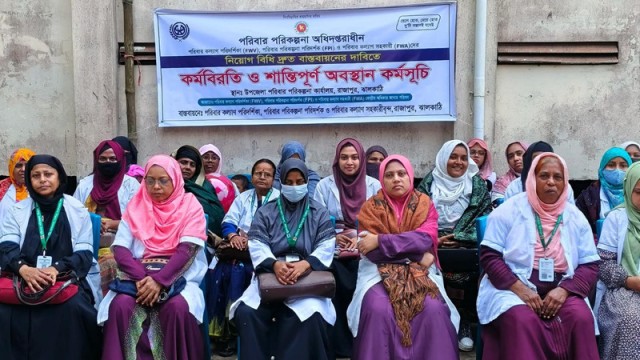







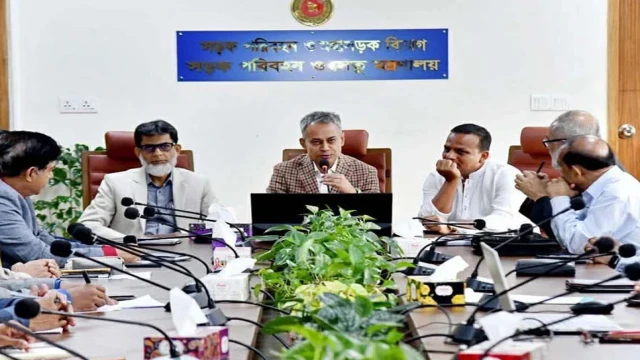












Comment: